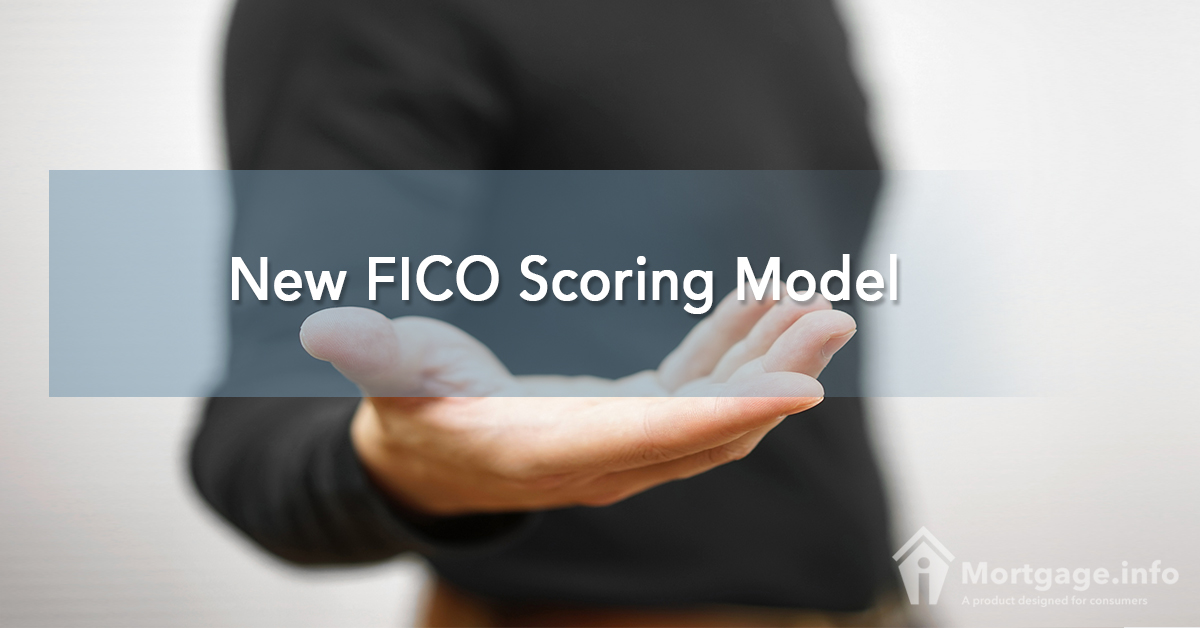
The FICO Scoring Model has been used for many years to help determine a person’s financial responsibility and ability to get approved for things like credit cards, car loans, and mortgages. This year, however, FICO is about to see some changes that are bound to help people that were once credit-challenged be able to have access to more credit. The changes impact a variety of areas of a person’s credit, but the most notable area is that different bills that never reported will now be reported; these include utilities and cell phone bills. This new addition to the scoring model will help those borrowers that could not qualify before, have a better chance of getting approved.
Who Benefits the Most?
The largest group that will benefit from the new FICO Scoring Model are those that do not have a credit score or have very minimal credit reporting on their credit report. These potential borrowers are looked upon as too risky because they do not have enough of a history to show that they are responsible regarding their outstanding bills. The people that only have bills that include things like utilities and cell phone bills will now have a FICO score using the alternative credit reporting system. This system only applies to people in this group – if you have a credit score because of things like prior auto loans, mortgages, or credit cards, the new FICO scoring model will not affect you.
How the New FICO Score Affects You
So how will the new FICO scoring model affect you if you are in the group that did not have a credit score before? Basically, you will be able to secure a credit card if you are financially responsible. The idea behind the new model is to help financially responsible people secure credit that would otherwise be unable to either because they chose not to take out credit or because they are just entering the “real” world, which is typical of college graduates. When these potential borrowers are able to secure credit card accounts and start using and paying them on time, they can build up their traditional FICO score, which will then lead to the ability to secure any other financing, such as auto loans and mortgage financing. It takes about six months of the new scoring, called FICO XD for consumers to start getting a standard FICO score.
Making the Most of the New FICO Scoring Model
So how do you make the most of the new scoring model? It all comes down to paying your bills on time. Any time you make a payment 30 days past its due date, it negatively impacts your credit score. This could end up harming your ability to obtain a standard FICO score or at obtaining a good FICO score. Most loan programs, whether auto loans or mortgage financing, require a score over 620 at a minimum, which means little to no late payments. It is to your benefit to try to stick to the due dates and make your payments on time or early if you can. If you do have a payment that is late, make sure that you never hit that 30-day mark or you could wind up having a lower than desired credit score.
Not every company is reporting to the new FICO XD score. If you want to start building your score, inquire with your vendor about the use of the reporting. If the company you use does not report and does not have future plans to do so, shop around with other vendors to see who is reporting. This could be your best bet in creating a FICO score that will eventually secure your chance to obtain a mortgage.
